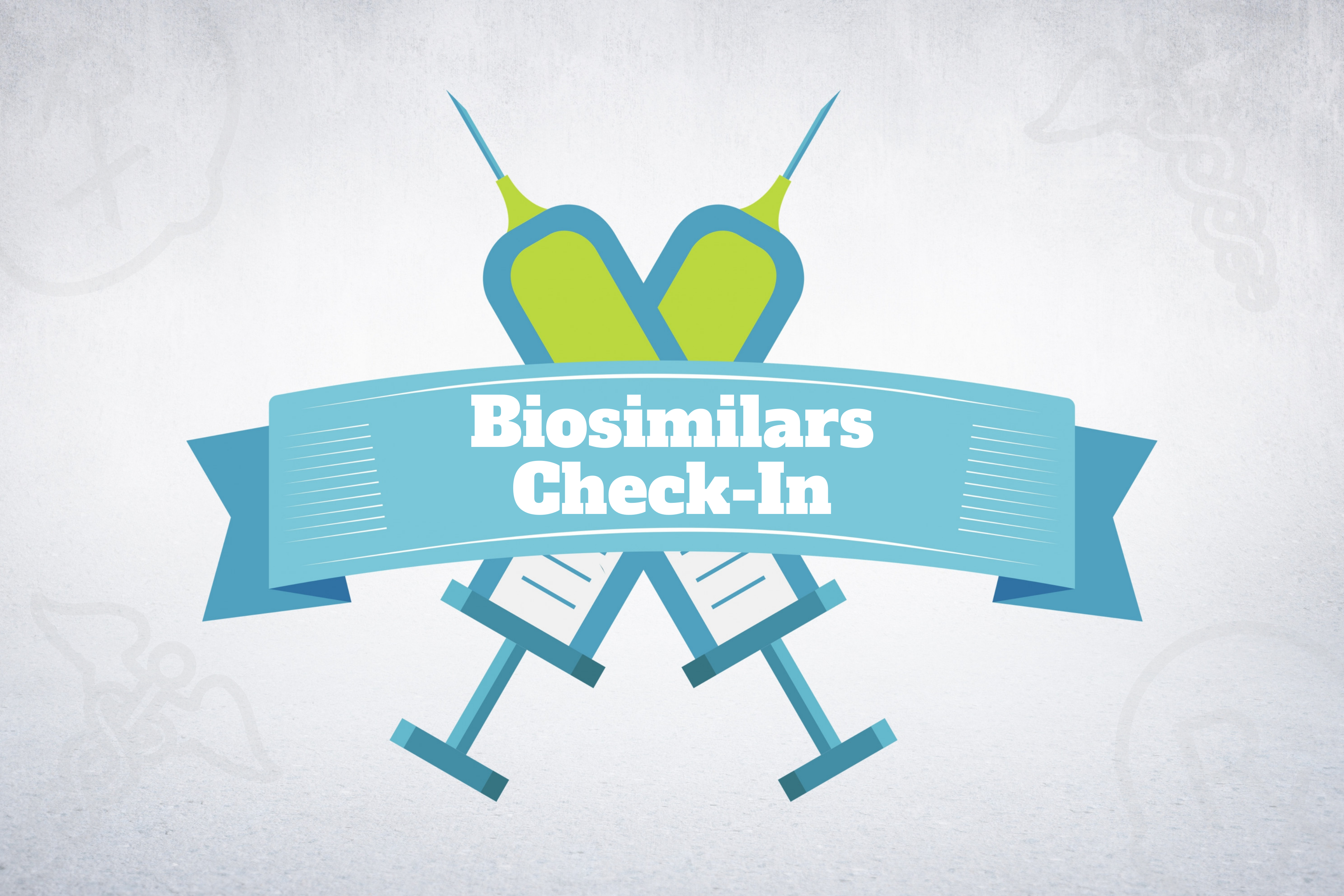- Bone Health
- Immunology
- Hematology
- Respiratory
- Dermatology
- Diabetes
- Gastroenterology
- Neurology
- Oncology
- Ophthalmology
- Rare Disease
- Rheumatology
Biosimilar Business Recap: BI Layoffs; Teva, mAbxience Partnership; Phase 3 Keytruda Biosimilar Trial
After poor sales for its adalimumab biosimilar, Boehringer Ingelheim (BI) announces layoffs; Teva Pharmaceuticals and mAbxience partner on an oncology biosimilar; Samsung Bioepis begins a phase 3 trial for a biosimilar referencing Keytruda (pembrolizumab).

After poor sales for its adalimumab biosimilar, Boehringer Ingelheim (BI) announces layoffs; Teva Pharmaceuticals and mAbxience partner on an oncology biosimilar; Samsung Bioepis begins a phase 3 trial for a biosimilar referencing Keytruda (pembrolizumab).
BI Layoffs
Boehringer Ingelheim announced layoffs or relocations for sales staff assigned to its adalimumab biosimilar Cyltezo following slow uptake, lower-than-expected sales, and a reluctance among payers to cover the biosimilar.
Cyltezo (adalimumab-adbm) was approved by the FDA in August 2017 and launched in July 2023 alongside 7 other adalimumab biosimilar competitors. It features a low-concentration, citrate-free formulation and was the first adalimumab biosimilar to obtain an interchangeability designation.
Boehringer Ingelheim launched a branded and unbranded version of Cyltezo at 2 prices to appeal to payers and pharmacy benefit managers (PBMs) and encourage them to choose the biosimilar as a preferred product. The branded version launched with a wholesale acquisition cost of $3254, about 5% below the price of the originator Humira. The unbranded version launched at a WAC of $658, nearly an 80% discount from Humira.
Despite 9 adalimumab biosimilars launching throughout 2023, adalimumab biosimilars have only obtained a collective 2% market share in the US since the first one launched in January 2023, according to Samsung Bioepis’ Biosimilar Market Report for the first quarter 2024.
“This is just one more sad reminder of the challenges that lower-priced biosimilars have encountered due to PBM choices to continue covering Humira. It is critical that policymakers act now to end PBM abuses and to ensure a long-term sustainable biosimilars market.” - Craig Burton, executive director of the Biosimilars Council, said in a post on X, formerly known as Twitter.
Teva and mAbxience Partnership
Teva Pharmaceuticals International—a subsidiary of Teva Pharmaceutical Industries—and mAbxience—a Fresenius Kabi majority-owned group with partial ownership from Insud Pharma—have announced a strategic licensing agreement for a biosimilar candidate targeting multiple oncology indications.
The molecule in development was not disclosed, but a statement from Teva said that the company plans to eventually launch the candidate in Europe, the United States, and other global markets.
Under the agreement, mAbxience will handle biosimilar development and production using its expertise and Current Good Manufacturing Practice-approved facilities in Spain and Argentina. Teva will oversee regulatory processes and commercialization in designated regions. The collaboration aims to deliver cost-effective oncology therapies and improve patient access globally, reflecting both companies' commitment to enhancing health care solutions.
Phase 3 Trial for Keytruda Biosimilar
Samsung Bioepis has announced the commencement of a phase 3 clinical trial for SB27, the company’s proposed biosimilar for Keytruda (pembrolizumab). This trial is designed as a randomized, double-blind, parallel group, multicenter study to assess the efficacy, safety, pharmacokinetics, and immunogenicity of SB27 compared to Keytruda in patients diagnosed with metastatic non-squamous non-small cell lung cancer.
Patients will be randomly assigned in a 1:1 ratio to receive either 200 mg of SB27 or Keytruda intravenously every 3 weeks alongside chemotherapy consisting of pemetrexed 500 mg/m2. Patients will also receive vitamin supplementation intravenous (IV) infusions over 10 minutes every 3 weeks and carboplatin area under the curve 5 IV infusion over 15 to 60 minutes every 3 weeks for the first 4 cycles.
“We are thrilled to announce the initiation of Phase 3 clinical trial for SB27, after our successful Phase 1 clinical trial initiation in February 2024,” said Ilsun Hong, vice president and product evaluation team leader at Samsung Bioepis. “Based on our extensive clinical trial experience accumulated over the years, we will work closely with study investigators to ensure successful completion of the clinical trials for SB27.”
As of April 2024, Samsung Bioepis has obtained approval for 8 biosimilars in various countries: SB4 (etanercept), SB2 (infliximab), SB5 (adalimumab), SB3 (trastuzumab), SB8 (bevacizumab), SB11 (ranibizumab), SB12 (eculizumab), and SB15 (aflibercept). In addition to SB27, the company has 2 other biosimilar candidates in its pipeline, including SB16 (denosumab) and SB17 (ustekinumab).
Newsletter
Where clinical, regulatory, and economic perspectives converge—sign up for Center for Biosimilars® emails to get expert insights on emerging treatment paradigms, biosimilar policy, and real-world outcomes that shape patient care.
